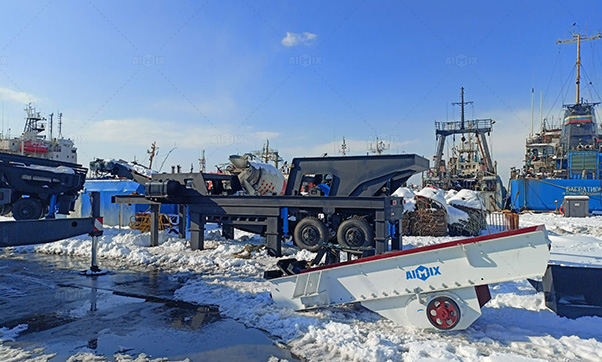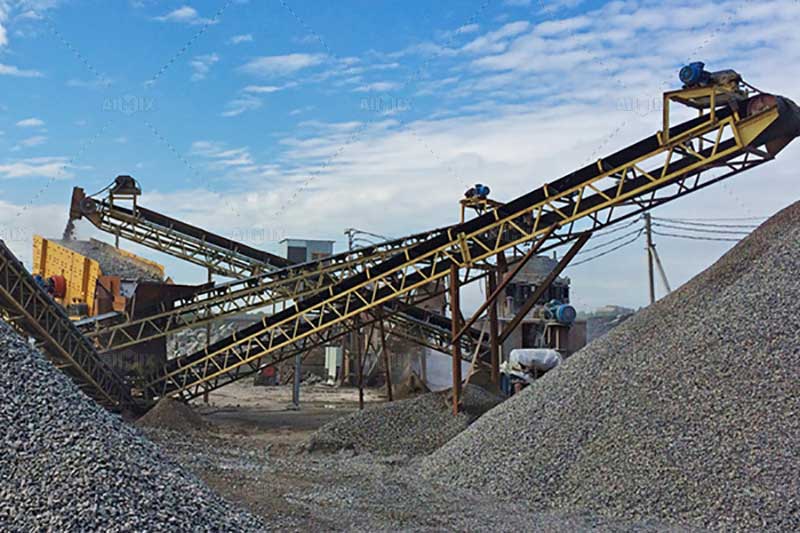When investing in heavy machinery like stone crushers, it’s essential to consider not just the upfront costs but also the long-term support offered by manufacturers or sellers. Warranty and after-sales support play a crucial role in ensuring the reliability and longevity of your equipment. Let’s delve into the various options provided by manufacturers or sellers in this regard.
Importance of Warranty and After-Sales Support
Before we explore the specific warranty and after-sales support options available, let’s first understand why they are essential. Purchasing a stone crusher is a significant investment, and like any machinery, it may encounter issues or require maintenance over time. Having a comprehensive warranty and reliable after-sales support can provide peace of mind and minimize downtime, ultimately maximizing the return on your investment.
Warranty Coverage
One of the primary aspects of warranty offered by manufacturers or sellers is the coverage provided for the stone crusher. This includes both the duration and the extent of coverage. The warranty period can vary significantly among different manufacturers, ranging from one year to several years. Similarly, the scope of coverage may include parts, labor, or both. It’s crucial to thoroughly review the warranty terms to understand what is covered and for how long.

Extended Warranty Options
Some manufacturers or sellers may offer extended warranty options for additional peace of mind. These extended warranties typically extend the coverage beyond the standard warranty period, providing an added layer of protection against unexpected expenses due to equipment failures or malfunctions. While extended warranties may come at an extra cost, they can be a worthwhile investment, especially for high-value equipment like stone crushers.
After-Sales Support Services
Apart from warranty coverage, manufacturers or sellers also provide after-sales support services to assist customers with maintenance, repairs, and technical assistance. These services are essential for ensuring the optimal performance and longevity of the rock crusher machine. Common after-sales support services include:
Technical Assistance
Manufacturers or sellers typically offer technical assistance to help customers troubleshoot issues or optimize the performance of their stone crushers. This may include phone support, online resources, or on-site assistance from qualified technicians. Having access to reliable technical support can significantly reduce downtime and increase productivity.

Replacement Parts Availability
Another crucial aspect of after-sales support is the availability of replacement parts for the stone crusher. Over time, certain components may wear out or require replacement due to regular usage. Manufacturers or sellers often maintain a stock of commonly needed parts and can quickly ship them to customers when needed. Ensuring a steady supply of replacement parts is essential for minimizing downtime and ensuring uninterrupted operation of the equipment.
Maintenance and Service Plans
To help customers keep their stone crushers in optimal condition, manufacturers or sellers may offer maintenance and service plans. These plans typically include scheduled maintenance visits, inspections, and preventive maintenance tasks performed by trained technicians. By adhering to a structured maintenance plan, customers can prolong the lifespan of their equipment and minimize the risk of unexpected breakdowns. Check maintain details here: https://aimixglobal.com/common-faults-and-maintenance-guides-of-stone-crusher-plant/.
Conclusion
In conclusion, understanding the warranty and after-sales support options offered by manufacturers or sellers of mobile stone crushers is crucial for making informed purchasing decisions. By carefully reviewing warranty coverage, considering extended warranty options, and evaluating after-sales support services, customers can ensure the reliability and longevity of their equipment. Investing in comprehensive warranty and after-sales support can ultimately save time, money, and hassle in the long run, allowing businesses to focus on their core operations without disruptions.